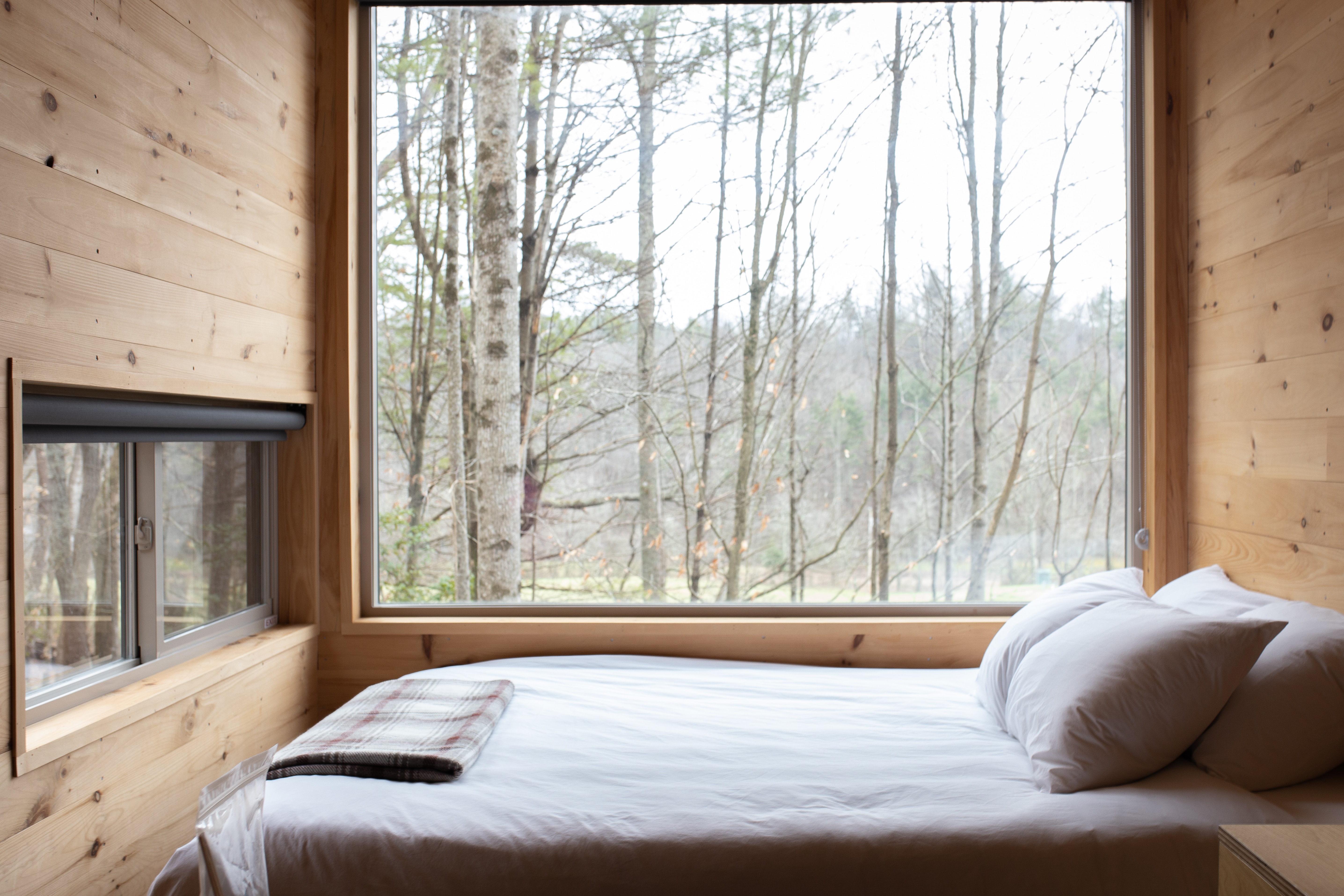The Best Advice for Seniors Needing Some Shut-Eye
Do you struggle with getting a good night’s sleep? If you’re tossing and turning during the wee hours, you aren’t alone. Many seniors have trouble getting sufficient sleep. Thankfully, there are things you can do to improve your much-needed rest.
How much sleep is necessary?
According to the National Sleep Foundation, the average senior age 65 and up should aim for seven to eight hours of sleep each night. That’s a bit less than younger adults, and your personal needs can vary in accordance with activity, genetics and lifestyle.
Health suffers
When you don’t get enough sleep, your mental and physical health can suffer. U.S. News reports when you lack sleep, you are at higher risk for heart and blood pressure problems. Insufficient sleep can also leave you open to trouble with focusing, making decisions, slowed reaction time and memory issues.
Symptoms of insomnia
Getting enough sleep is vital for good health. While sleep needs may decline somewhat as we grow older, your body and mind still need good sleep to stay healthy. If you feel groggy during the day or rely on caffeine to stay alert, you likely could use improvement in your sleep habits. Sometimes insomnia and grogginess can be due to medications and health conditions. If you experience any of the following symptoms, some professionals warn you might be suffering with a sleep disorder and should consult your physician:
- Difficulty falling asleep.
- Awakening during early morning hours.
- Unable to distinguish between daytime and nighttime.
- Frequently awakening throughout the night.
Check your bed
Your bed can help or hinder your ability to sleep. For instance, if your mattress doesn’t support your sleep style or is wearing out, it can make it harder for you to sleep comfortably. An aching back, stiffness and poor quality sleep can indicate your mattress is inhibiting healthy slumber. Find the best mattress for your personal needs.
Lights out
Your body naturally synchronizes with daylight and darkness. Try dimming the lights an hour before going to bed and aim for a dark bedroom when it’s time to sleep. And the darker, the better, since as some studies show even a little light can interfere with sleep, resulting in foul mood or increased risk for depression.
Atmosphere matters
How clean is the air you’re breathing at night? Research cited by The Guardian reflects improving air quality can also help with sleeping. Consider adding an air purifier to remove pollutants and allergens from your home. There are even models available that help remove secondhand smoke. Aromatherapy can also benefit your nighttime atmosphere. Consider adding restful scents such as jasmine or lavender to your room.
Set a pattern
Did you know you can prepare your body for sleep? In addition to dimming lights, some experts suggest setting a bedtime and awake time for your days. By establishing a pattern and sticking to it, you will naturally set your biological clock for sleeping. Try doing a nightly ritual such as washing your face, brushing your teeth and reading with a low-light lamp before bed. By doing the same thing each night, you send your mind and body the message it’s time to wind down.
During the day
What you do through the day can impact how you sleep at night. For instance, it’s important to have an exercise regimen. However, schedule your workout in mornings or afternoons, since being active later can give the opposite effect. Avoiding late, heavy meals and stimulants such as caffeine and cigarettes can also help you wind down, especially close to bedtime.
Getting enough sleep is important for your health. Make changes in your environment and routine to support better quality sleep. Your golden years will be brighter with a good night’s rest!
I hope you have found this article informative and would like to thank Hazel at agingwellness.org for this one.





